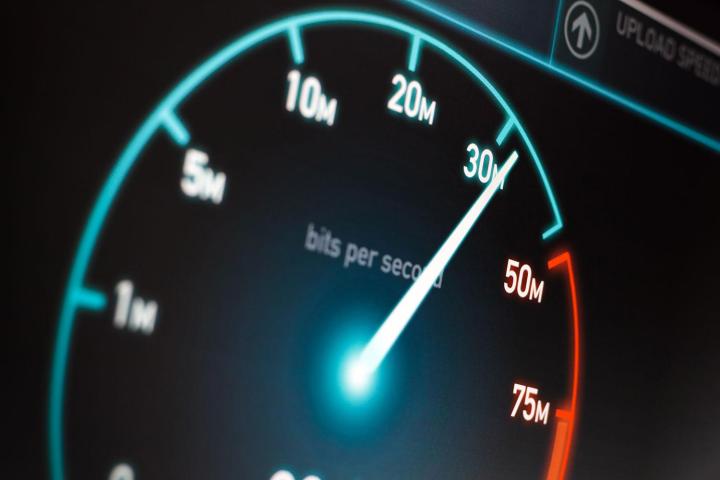
According to its quarterly “State of the Internet,” the first three months of 2016 went quite well for the denizens of the online world. The average speed around the world is now 6.3Mbps, and while that may not seem like much (Starbucks offers speeds as fast as 9.01Mbps), it’s pretty impressive when you consider that these figures are a global average.
Leading the pack with the fastest connection speeds remains South Korea, who boasts an impressive 29Mbps, representing an 8.6 percent advantage over the fourth quarter of 2015. Scandinavia also has impressive internet speeds — second and third place are claimed by Norway and Sweden, respectively. And standing strong as the nation with the fastest average peak connection speed, a whopping 146.9Mbps, is Singapore.
Asian and European nations dominate the rest of Akamai’s list of the top 10 countries with the fastest connections, and sadly, the U.S. misses the cut. However, we do rank sixth when it comes to IPv6 traffic percentage.
As for mobile connections, the CDN revealed that the average mobile connection speed spans a wide range — at the lowest end of the spectrum was Algeria, whose average speed stood at just 2.2Mbps, whereas the U.K. boasted 27.9Mbps speeds. And with regard to average peak mobile connection speeds, Germany took the prize as the fastest with speeds of 171.6Mbps, whereas Ghana rounded out the list at 11.7Mbps.
And Android once again proved its worldwide dominance, as its two primary browser bases, Android WebKit and Chrome Mobile, made up 58 percent of total traffic requests from mobile devices. Apple Mobile Safari was responsible for 33 percent of requests.
Editors' Recommendations
- Why Starlink download speeds are experiencing double-digit dips
- Super fast 10Gbps internet edges one step closer to your home
- SpaceX reveals date for Starlink global internet coverage
- T-Mobile 5G home internet: Coverage, speeds, and plans
- Five things to do before making the upgrade to gigabit internet

